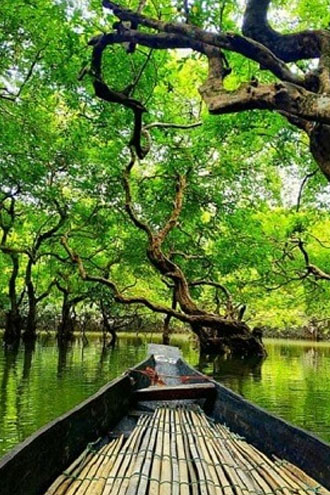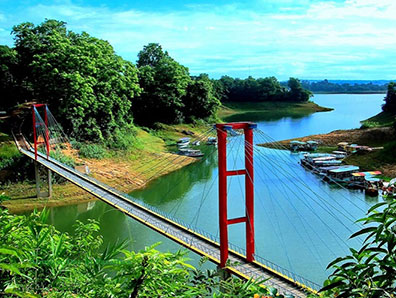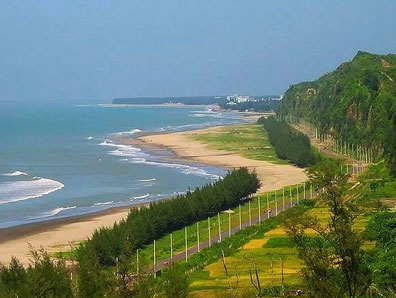Mali is a landlocked country located in West Africa, bordered by Algeria to the northeast, Niger to the east, Burkina Faso and Côte d'Ivoire to the south, Guinea to the southwest, and Senegal and Mauritania to the west. The capital and largest city is Bamako. The population of Mali is around 19 million people.
Mali is a unitary semi-presidential constitutional republic with a president as head of state and a prime minister as head of government. The country has a diverse population, with the Bambara being the largest ethnic group, followed by the Fulani, Songhai, and Tuareg. French is the official language, but Bambara, Songhai, and other languages are also spoken. The majority of the population is Muslim, but there are also significant Christian and traditional religious minorities.
The economy of Mali is heavily dependent on agriculture, particularly subsistence farming, and mining. The country is also rich in natural resources, including gold and uranium. The government has been implementing economic reforms and trying to attract foreign investment to diversify the economy and create jobs. Despite that, the country remains one of the poorest in the world, with high levels of poverty and unemployment.
Mali has a rich cultural heritage, with a history dating back to ancient times. The country is known for its natural beauty, including the Dogon Country and the Timbuktu, as well as its traditional culture and customs, such as the Gourma Rharous and the Festival au Desert, as well as its art, literature, and music.


